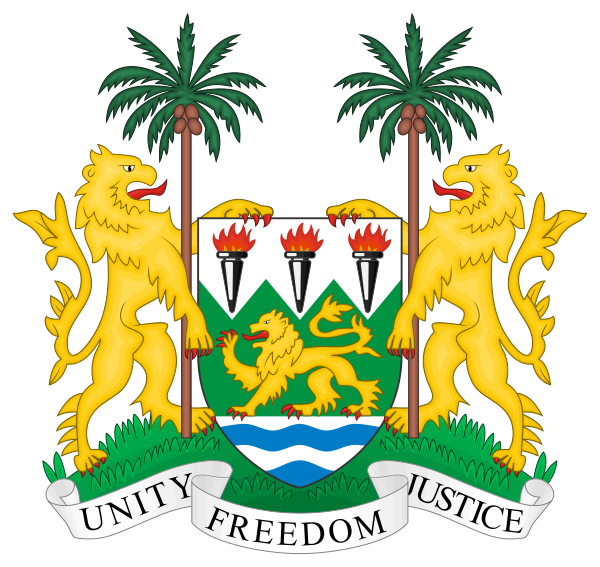WARFP Project Componets
Component 1: Good governance and sustainable management of the fisheries
The objective of this component is to build the capacity of Governments and stakeholders to develop and implement policies through a shared approach that would ensure that the marine fish resources are used in a manner that is environmentally sustainable, socially equitable and economically profitable.
In Sierra Leone, this component seeks the legal establishment of four Territorial Use Rights Fisheries (TURFs) in targeted coastal fishing communities by the end of the project. It also seeks to increase the economic profitability and environmental sustainability of the fisheries resources of Sierra Leone by strengthening and modernizing the regulatory framework for the industrial fisheries. The strategies would include building/strengthening the MFMR capacity to manage the fisheries resources, introduction of Total Allowable Catches (TAC) and increasing the level of license fees and penalties for infringements. The component would also target the artisanal fisheries by supporting full registration and licensing of all fishing vessels and fishing gears in use, as well as empowering fishing communities to co-manage their marine resources through the introduction of Marine Protected Areas (MPAs) that would evolve into the TURFs.
Component 2: Reduction Of Illegal Fishing Sierra Leone is losing an estimated US$ 30 million annually through illegal fishing.
The objective of this component is to reduce the illegal fishing activities threatening the sustainable management of the marine fish resources and the wealth they can generate for the country. This component seeks a 50% reduction of fishing vessels that are observed fishing within the 6-mile Inshore Exclusion Zone (IEZ) by the end of the project. More specifically, it will support the strengthening of the monitoring, control and surveillance (MCS) systems of participating countries and adapt them to the needs of fisheries management, within the framework of a coordinated approach between the participating countries.
Component 3: Increasing the Contribution of the Marine Fish Resources to the Local Economies.
This component seeks a 10% increase in the value of exports from the coastal demersal fisheries and from the shrimp fisheries. Fisheries products from Sierra Leone are not certified to be sold in the European fish market because of lack of a quality standards institutional capacity. Moreover, the lack of landing sites with basic infrastructure for prevention of fish products contamination and adding value to fish products means that the potential to increase the contribution of the marine fisheries resources to local economy is currently minimal. The project will establish a certified public laboratory and competent sanitary authority in Sierra Leone to facilitate the process of gaining access to the International fish market. The Program will finance a network of landing site clusters in the TURFs, beginning with an Integrative Landing Site Cluster at Konakree Dee in the Sierra Leone River Estuary (Western Area and Port Loko District), where the Program will support the construction and operation of the minimum infrastructure base and services necessary to attract private investors and help increase the value added to fish products.
Component 4: Coordination, Monitoring and Evaluation and Program Management:
The programme is coordinated, monitored, evaluated and managed by the Fisheries Management Coordination Office (FMCO) in the Ministry of Fisheries and Marine Resources. Programme implementation is undertaken by national and international consultants who provide services through the FMCO.
